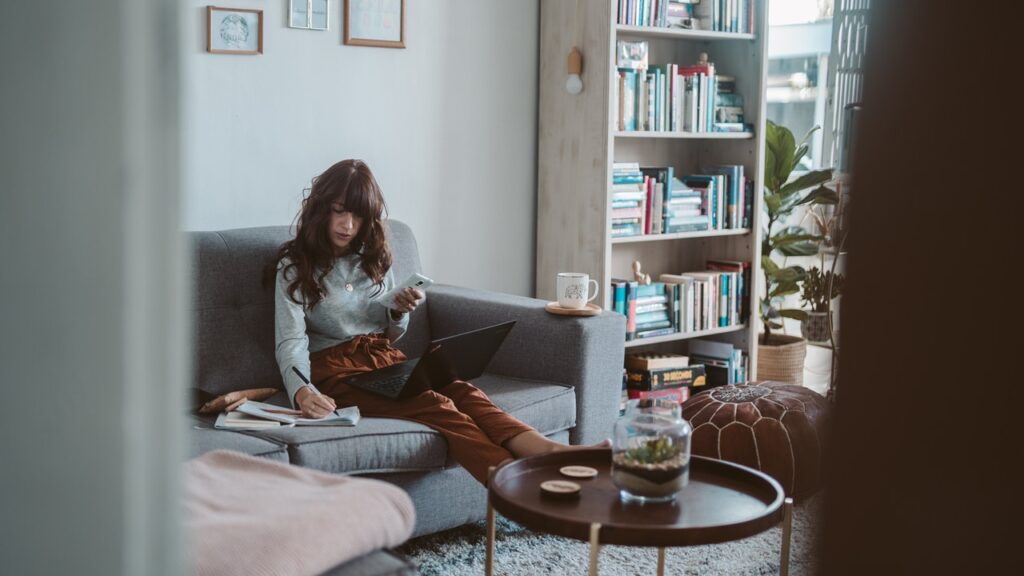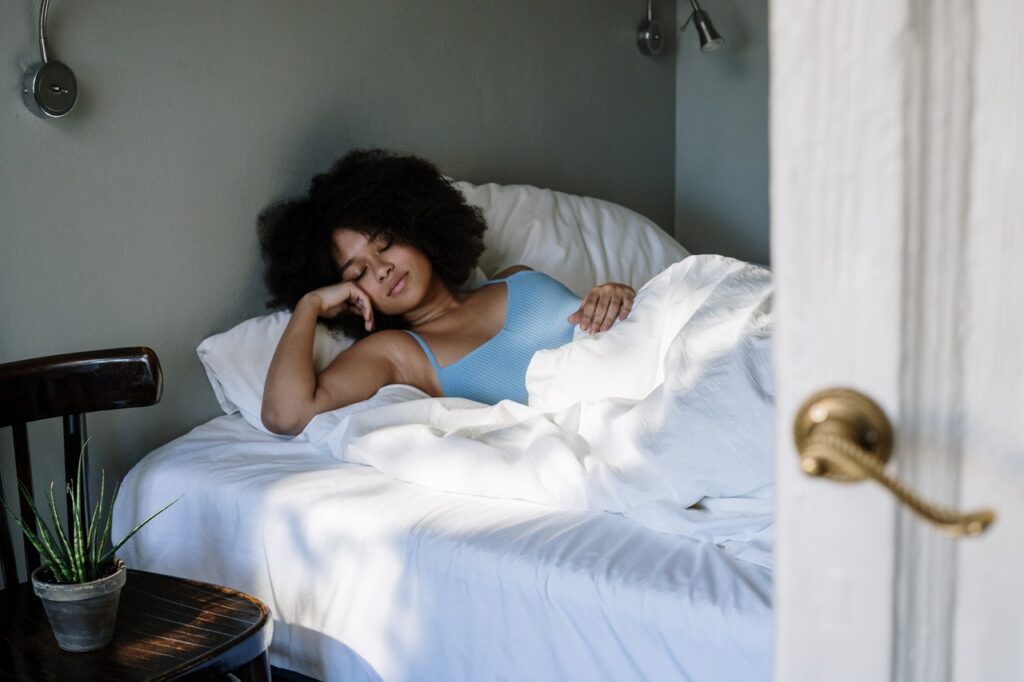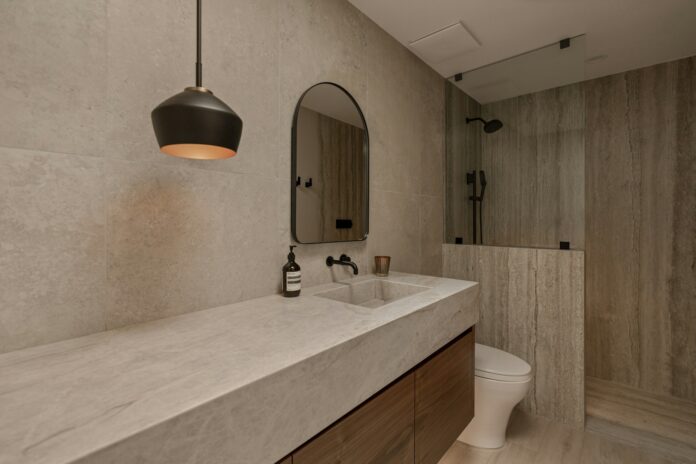
Is living comfortably while you have a mortgage possible? Of course it is, but since it involves taking on a huge amount of debt, changes elsewhere are usually necessary to pay it off and still live responsibly and sustainably.
Now, this doesn’t mean a lifetime of asceticism and abstinence awaits. Homeowners with mortgages to repay can still enjoy a rich and colourful day-to-day, but it does pay to be more mindful of your spending in such instances. By taking your mortgage into account when drawing up your daily, weekly and monthly budgeting going forward, being prudent with your outgoings and realistic with your home purchase and renovations, you can enjoy a fruitful life in your new property. With that in mind, here’s 5 IDEAL tips on how to live comfortably with a mortgage.
YOU SHOULDN’T USE THE TOTAL AMOUNT YOU’VE BEEN OFFERED
Before you take on a mortgage, be mindful not to accept the highest amount you have been offered as a matter of course. Though this is based on what you earn and can plausibly afford, be aware that it’s what the lender has deemed to be the absolute most. Just because the maximum is offered doesn’t mean it’s necessarily the most feasible figure for you to pay off readily.
No doubt you’ll need to scrimp, save, and struggle if you take out a mortgage at the absolute maximum of what you can afford, so instead, only accept a mortgage that’s affordable; to understand what’s affordable you’ll need to do the maths…

FIGURE OUT A BUDGET THAT SUITS YOUR LIFESTYLE
Now it’s time to figure out a budget that suits your lifestyle, with pragmatism and practicality at the forefront of your thinking. A mortgage is one of life’s most serious undertakings, and a responsibility which needs thorough foresight before signing on the dotted line.
To get the tight grip of your finances required for a healthy relationship with your mortgage, it should be your first step to carefully construct a monthly budget and do a regular audit of your finances. This starts with a calculation of your incomings and outgoings and then looking for areas where you can cut out any non-essential expenses.
Experts recommend that in a healthy budget, your mortgage should account for 28% of your gross income (the money you earn), with 35% an absolute maximum before things get difficult to handle.

ACCOUNT FOR THE SMALLER FEES AND BILLS
Though that ballpark figure simply considers gross income, it’s actually prudent to also take into account all of the smaller fees and bills in your budget when buying a home.
Alongside utilising a mortgage calculator, make sure you consider legal fees, survey fees, moving costs and any other outgoings that you’ll need to pay out. In some cases you may be able to include these fees within your mortgage, but it’s often better to pay them off beforehand, in one lump sum if you can afford it feasibly, and keep your mortgage repayment plan clear and, ultimately, down.
AN EMERGENCY FUND COULD KEEP YOU OUT OF DEBT
Though we’d hope it never came to this, having an emergency fund ready saved and triple locked for urgent instances could serve to keep you out of debt in the long run. Making sure you can put money away each week or month will cover you whether you have to deal with a car repair, broken appliance, or medical emergency; as in, any sudden payments which could impact your ability to repay your mortgage.
Without this money backing you up, you may end up taking out a credit card or payday loan and end up in even more debt. Don’t be afraid to seek help from a financial advisor if you need help sorting out your finances and making sure you’re going to be able to stay out of debt and live comfortably. Do check out our article on how to future-proof your post-COVID finances for up to date advice on the subject, too.

DON’T BUY A BIGGER HOUSE THAN YOU NEED
It may be tempting to buy a house which is larger than your means allow, but if you’re buying a bigger house than you really need, you may run into trouble, and not just over the initial outlay involved.
A bigger house is more difficult and expensive to maintain, and the bills will be higher. You’ll probably also feel obligated to fill it with more stuff as you have more space to play with. Of course, if you have a big family then a sense of spaciousness is welcome, but if you’ve had children escaping the nest recently, then perhaps you could consider downsizing if at all possible.
THE BOTTOM LINE
Living comfortably with a mortgage is eminently possible providing you don’t take out more than you can afford and stick to a sustainable, responsible budget. Once you’re all settled in your new home, could we pop round for a tour?





